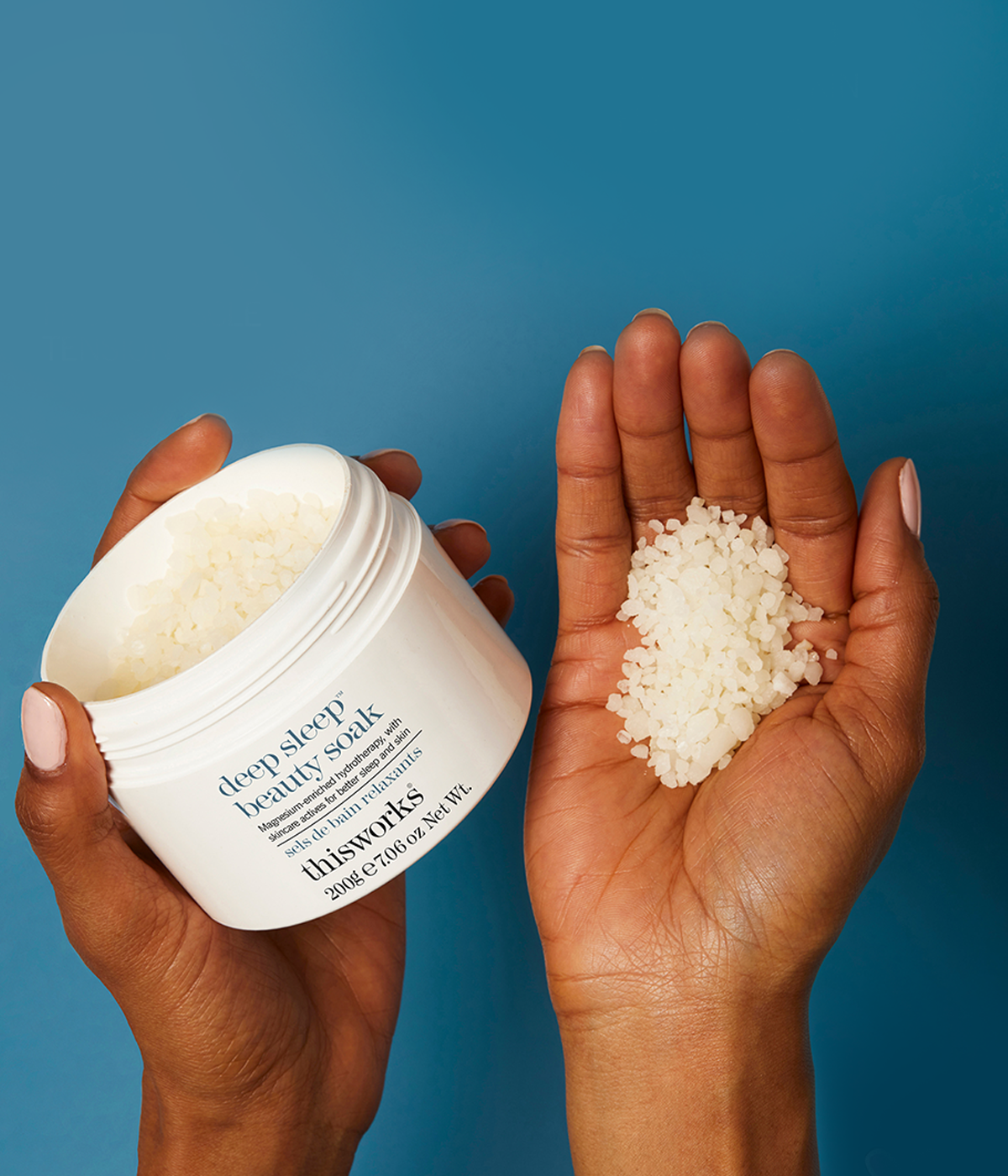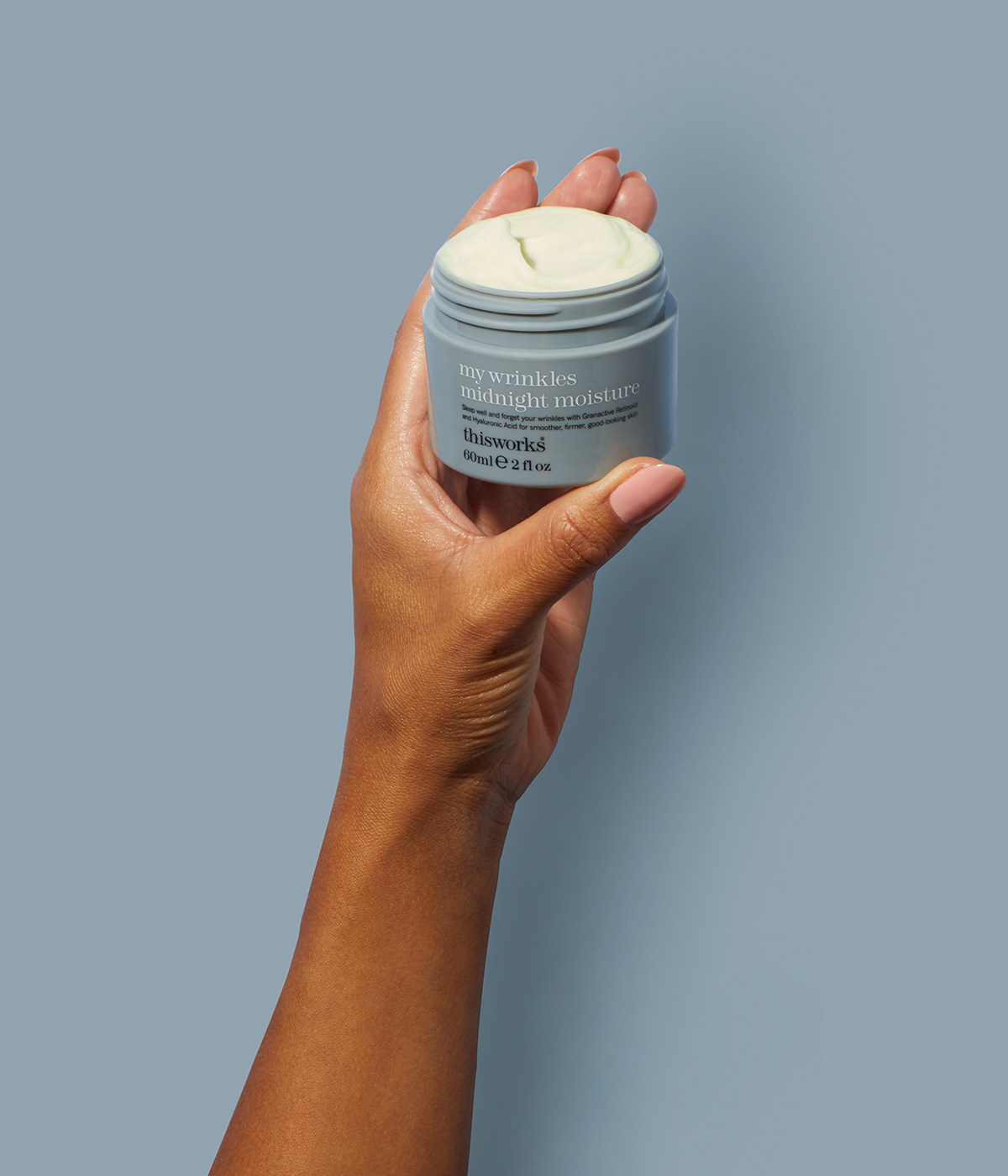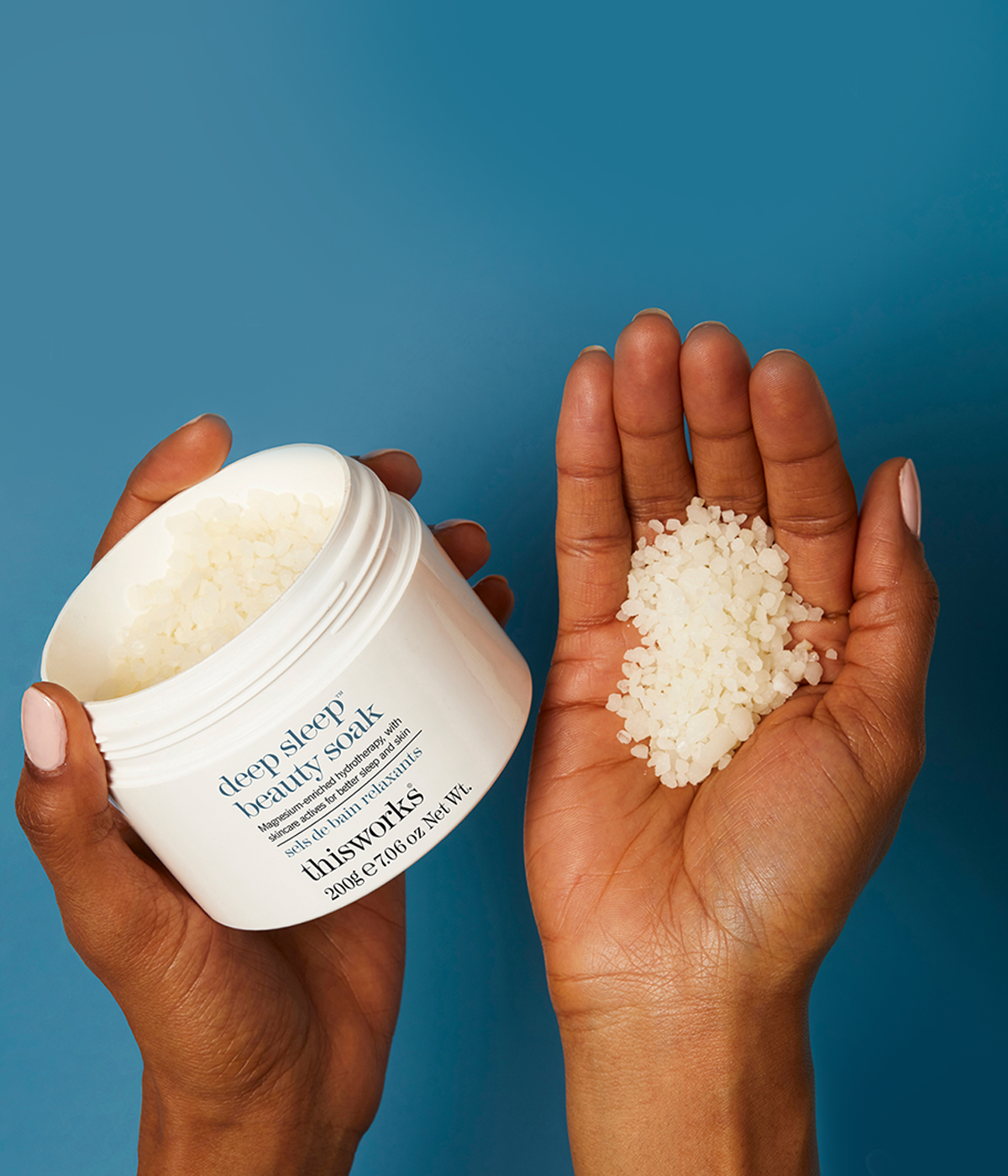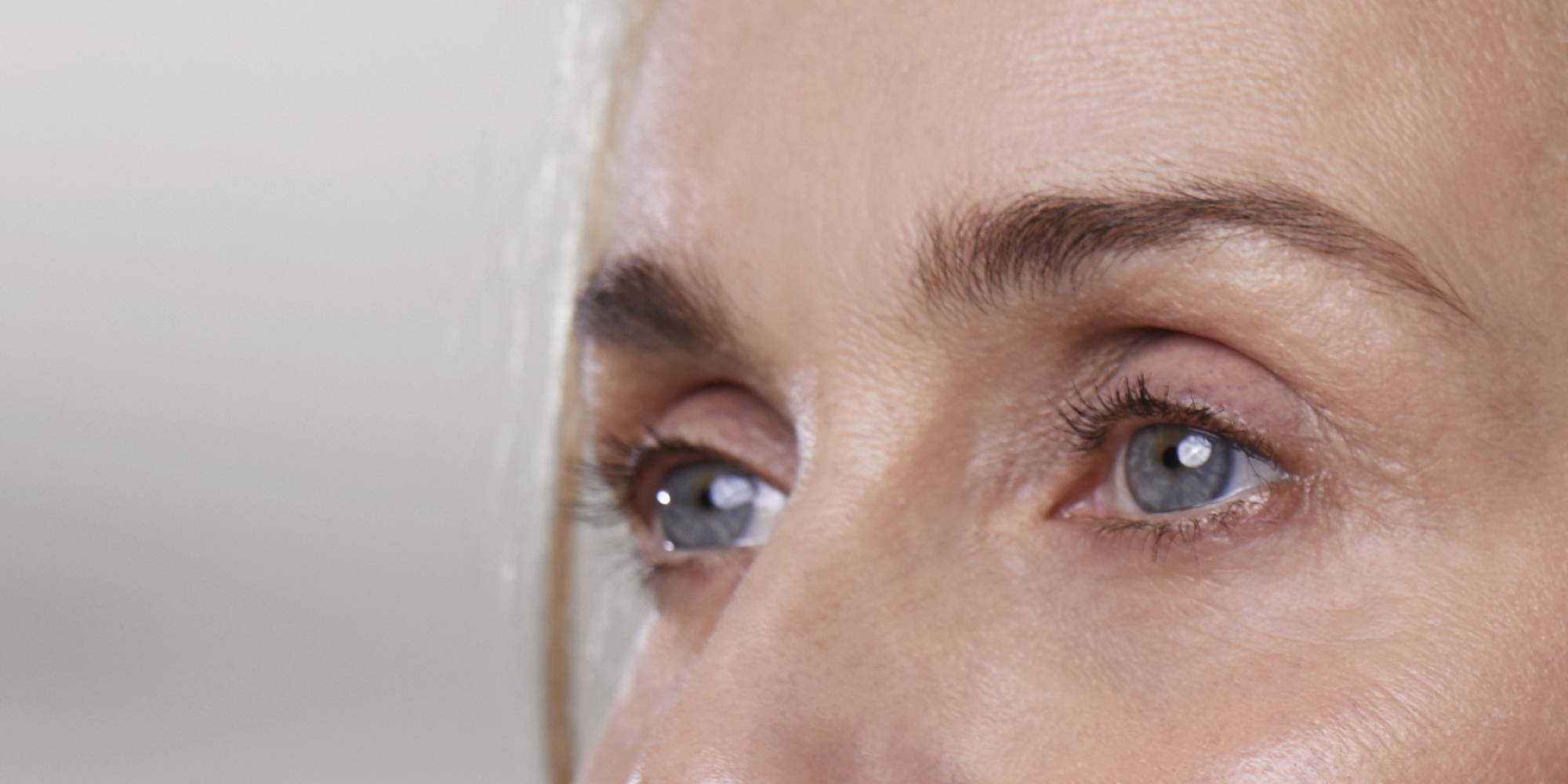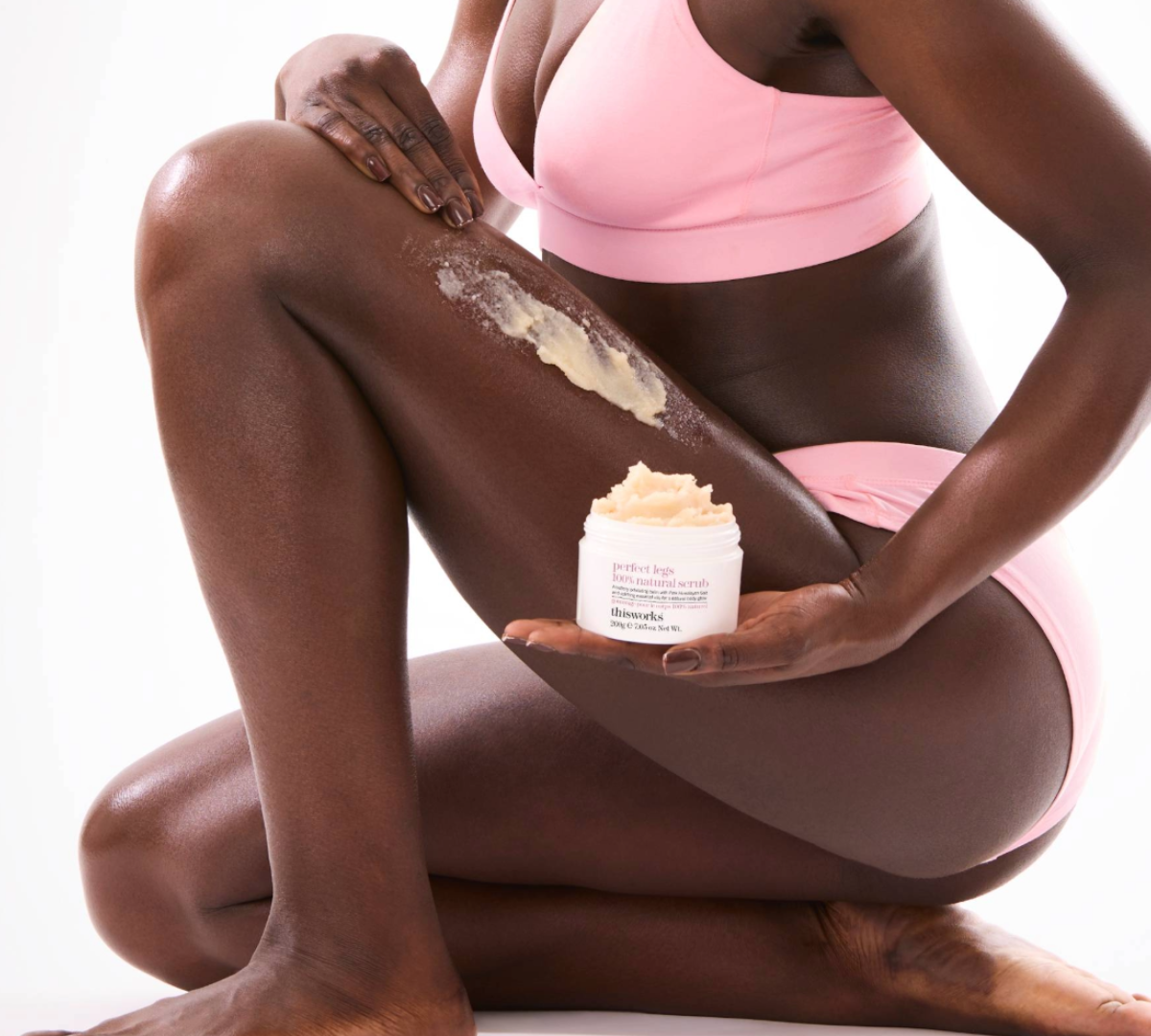expert tips to prepare for the clock change

While many of us may spend winter dreaming of spring, the lighter mornings can trigger an early wakeup leaving you feeling tired, unfocused, and making it hard to keep on top of your goals. Our expert scientific Advisor, Professor Gaby Badre, explains the science behind the seasonal changes and daylight savings which Spring entails and provides tips on how you can maintain a healthy sleep rhythm and get a restful night’s sleep.
Sleep, light and the circadian clock
Daily activities are mainly regulated by the inbuilt circadian clock in our brains, which is a natural, internal process that regulates the sleep-wake cycle, repeating every 24 hours. While social factors have some influence on this, the main cues are environmental, in particular: light. Exposure to daylight significantly impacts our sleep-wake cycle and as the seasons shift and the intensity of light in the evenings and early mornings changes, this impacts our night-time sleeping patterns.
The seasonal shift
As we move through Spring, the days get longer and our circadian rhythm changes. People often have a shorter sleep schedule, waking up earlier in the lighter months and having more night-time activity, thanks in part to a delayed Melatonin secretion (the sleep hormone) which is triggered by the dark.
Daylight’s saving is night-time’s loss…
Moving into daylight saving time means you lose an hour of sleep, which forces a sudden change on the circadian clock. Our adjustment to this time change is more difficult in the spring when you are losing an hour, than in autumn when you gain one – especially for short sleepers (less than 7.5 hours) and “night owls” (often awake at night and later to rise).
As the clock change happens very early on Sunday morning, we tend to feel its effects on the Monday when you are back at work which can impact concentration and productivity.
For most people, the adjustment to British Summer Time will naturally level out quickly, but for some the change can be more of a challenge and leave you feeling fatigued and unfocused for several days. To help your body wake up to spring more swiftly, Professor Badre recommends…


